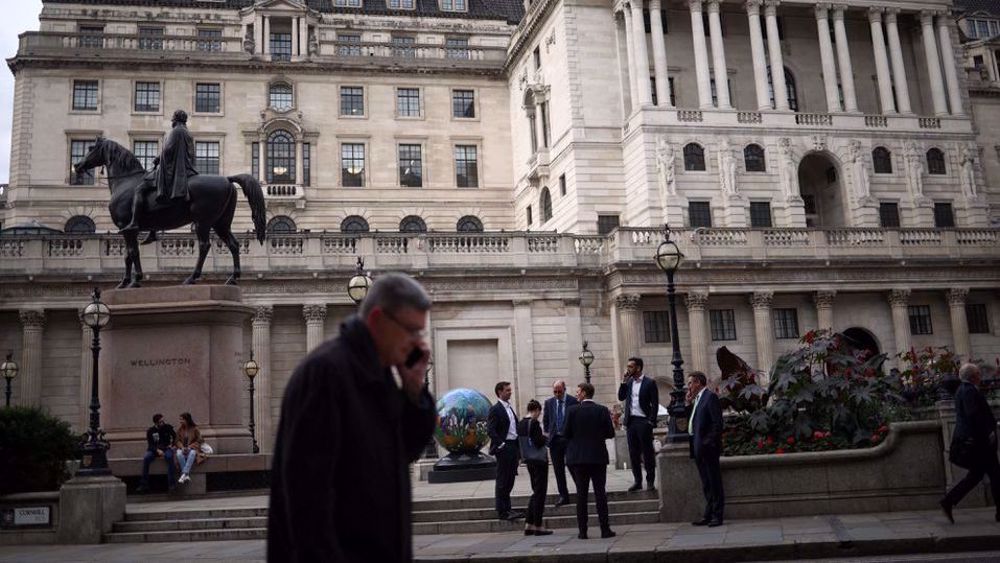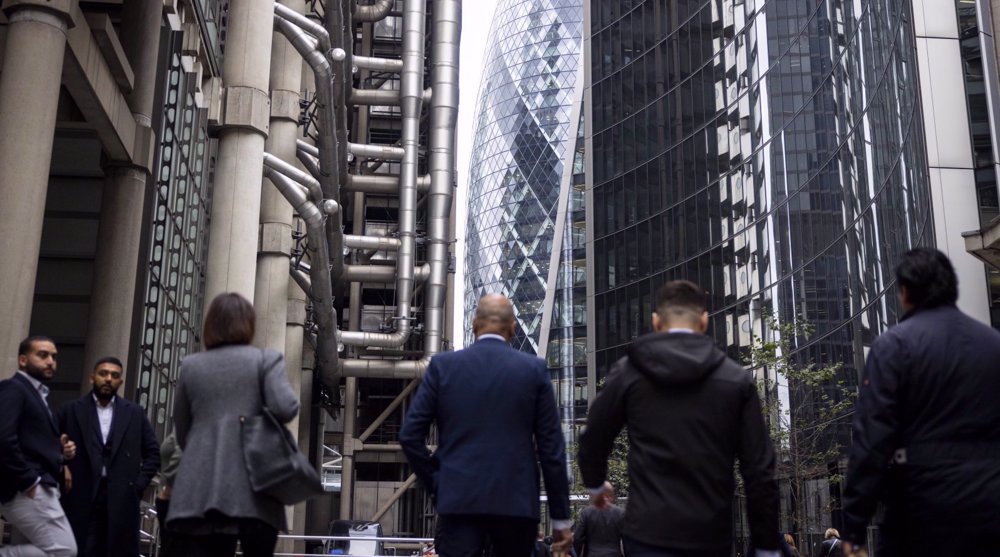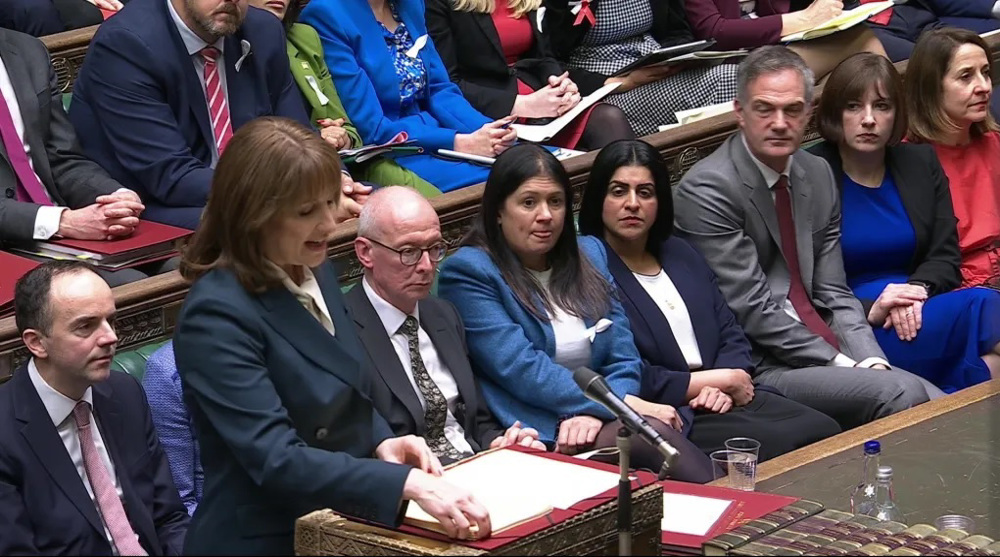UK recession risk grows with cost-of-living crisis hitting businesses
Britain’s economy showed clear recession signals on Friday, a day after the Bank of England halted its long run of interest rate increases at the expense of a hit to businesses.
On Thursday, the bank halted its most aggressive round of interest rate increases in decades, holding borrowing costs at 5.25 percent after 14 previous rises.
On Friday, the S&P Global/Cips purchasing managers’ index (PMI) fell to 46.8 in September, down from 48.6 in August, and the lowest in 32 months.
The pound dropped 0.5 percent against the dollar to $1.2234, a six-month low.
"The disappointing PMI survey results for September mean a recession is looking increasingly likely in the UK," said Chris Williamson, chief business economist at S&P Global.
He said the reading was consistent with the economy shrinking at a quarterly rate of about 0.4 percent.
Britain’s economy expanded in the first two quarters of 2023.
Williamson, however, said there was now a mounting toll on the economy from the reality of the increased cost of living and the recent rapid rise in interest rates.
Sandra Horsfield of the investment bank Investec also warned that Britain’s economy “is entering more troubled waters.”
The PMI figures were worse than the 48.7 forecast by economists polled by Reuters and well below 50, which indicates a majority of businesses reporting a contraction in activity.
Aside from the COVID-19 pandemic period, the index last fell this low during the Global Financial Crisis between mid 2007 and early 2009.
New wave of attacks devastates key US base in Bahrain as Iran strikes back
Melania Trump chairs UN children's meeting as Iran buries kids killed in US-Israeli attack
Why Iran’s Leader refused special protection, leading from the front until last breath
Hezbollah strikes Israeli surveillance, military base in Golan Heights, occupied lands
Iran holds funeral for scores of schoolgirls murdered in US-Israeli aggression
Iran destroys main command building, headquarters of US air base in Bahrain
US embassy in Saudi capital set ablaze after drone attack: Riyadh
Saudi Arabia, Qatar foiled Mossad bombing plots on their soil: Tucker Carlson











 This makes it easy to access the Press TV website
This makes it easy to access the Press TV website